SFAA Submits Comments in Support of Changes to Federal Rules for Individual Sureties
| SFAA Submits Comments in Support of Changes to Federal Rules for Individual Sureties |
April 13, 2020
Via Federal eRulemaking Portal
Ms. Lesley A. Field
Acting Administrator
Office of Federal Procurement Policy
Office of Management and Budget
Washington, DC 20503
Re: RIN 9000-AN39
Federal Acquisition Regulation: Individual Sureties
Docket No.: FAR-2017-0003, Sequence No. 1
Dear Ms. Field:
As a leading representative of the surety bond industry, The Surety & Fidelity Association of America (“SFAA”)1 strongly supports the proposed individual surety rule as outlined in FAR Case 2017-003.
The federal government has relied on surety bonds for prequalification of construction contractors and for performance and payment assurances since the late Nineteenth Century. Bid bonds assure that the contractor’s bid has been submitted in good faith and the contractor will enter into the construction contract at the bid price and provide the necessary performance and payment bonds. A performance bond protects the project owner from financial loss should the contractor fail to perform the contract in accordance with its terms and conditions. The payment bond protects subcontractors and suppliers, which do not have direct contractual agreements with the public owner, and which would be left to legal recourse against the contractor should the contractor fail or refuse to satisfy its financial obligations. Often, small construction businesses must access the federal procurement marketplace as subcontractors and suppliers, and the payment bond is their primary recourse and protection in the event of prime contractor nonpayment or insolvency.
Sureties play a vital role in the federal construction process to ensure contractors are qualified to perform the public works projects. Use of individual sureties, in contrast, places a tremendous burden on procurement officers, who need to focus on the already complex tasks of efficiently procuring and administering the public construction projects. Under the current FAR requirements, procurement officers are required to determine the acceptability of individual sureties and to verify the existence and sufficiency of the assets pledged to support the individual surety’s bond obligations. Furthermore, the pledged assets are supposed to be placed in an escrow arrangement by the individual surety, subject to the approval of the contracting officer. In sum, each contracting officer shoulders the burden of determining the acceptability of the individual surety, its documentation, the escrow or security arrangement, and the value and adequacy of pledged assets, and must do so within a relatively short timeframe to progress the contract procurement. A missed, incorrect, or forsaken step may mean the acceptance of a fraudulent or insufficient bond, rendering its much-needed protection worthless.
The changes suggested in this proposed rule will streamline the procurement process for federal contracting officers. Under the new requirements, federal contracting officers will no longer have to determine whether the assets that individual sureties pledge exist and/or are sufficient to cover the risk undertaken by the contractor. If adopted, individual sureties will be required to pledge more reliable assets, whose value is less speculative. This will bring additional assurance for subcontractors and suppliers who rely on the individual surety and its pledged assets for protection against default by the contractor.
Furthermore, SFAA believes that the proposed FAR rule will eliminate future instances where bond assets pledged by individual sureties prove to be illusory or insufficient, causing significant financial harm to the federal government, taxpayers, and subcontractors and suppliers. Small business downstream parties working on federal construction projects will benefit significantly from having greater confidence that individual sureties’ pledged assets are adequate and reliable to guarantee that they will be paid for their labor, equipment, and materials. Additionally, the proposed rule ensures federal tax revenue will be adequately protected in the event the contractor defaults by placing guidelines around individual sureties’ financial guarantees.
SFAA does not believe that the proposed rule will adversely impact the availability of bonds for small construction businesses. The surety market offers many and varied avenues for small contractors to obtain bond eligibility. The proposed rule also does not eliminate individual surety bonds as an option for surety credit; rather, it simply ensures that individual surety bonds will be backed by stable and secure assets in the control of the federal government.
We strongly encourage the adoption of the proposed rules and thank you for the opportunity to provide comments. We look forward to seeing the finalized rules in the near future and stand ready to answer any questions you may have with respect to SFAA’s comments or relative to streamlining implementation.
Respectfully submitted for your consideration,
Julie Alleyne
Vice President, Policy & General Counsel
Surety & Fidelity Association of America
JAlleyne@surety.org
202.778.3630
1 SFAA is a trade association of more than 425 insurance companies that write 98 percent of surety and fidelity bonds in the U.S. SFAA is licensed as a rating or advisory organization in all states and it has been designated by state insurance departments as a statistical agent for the reporting of fidelity and surety experience.






